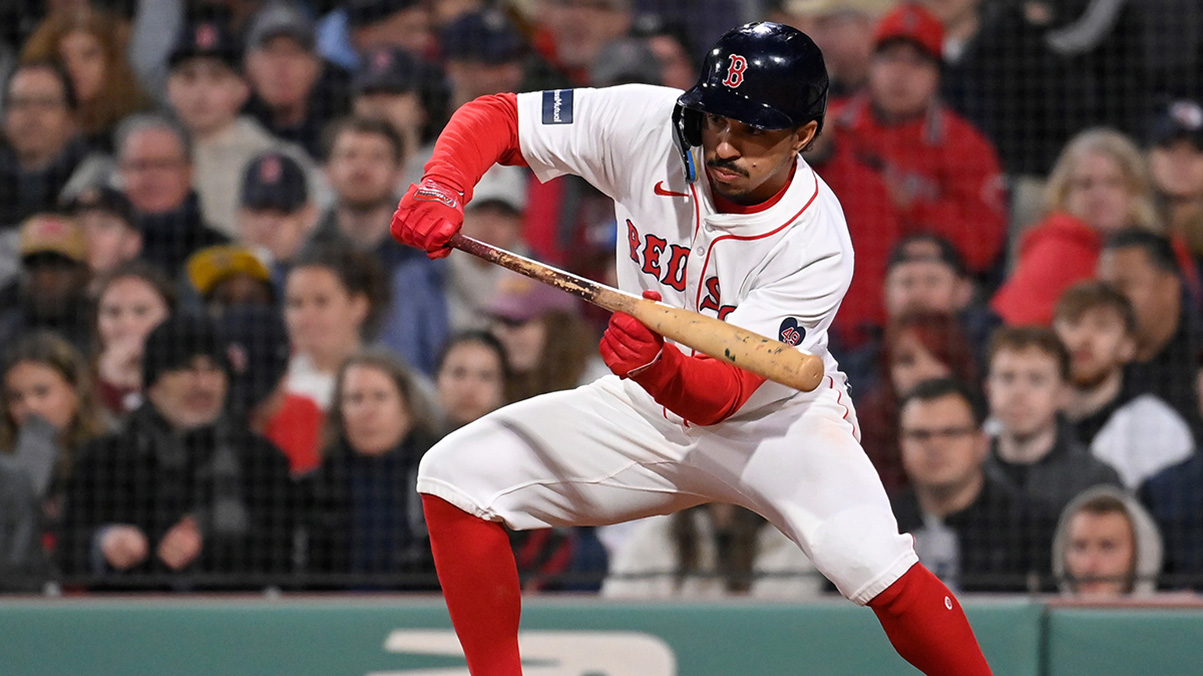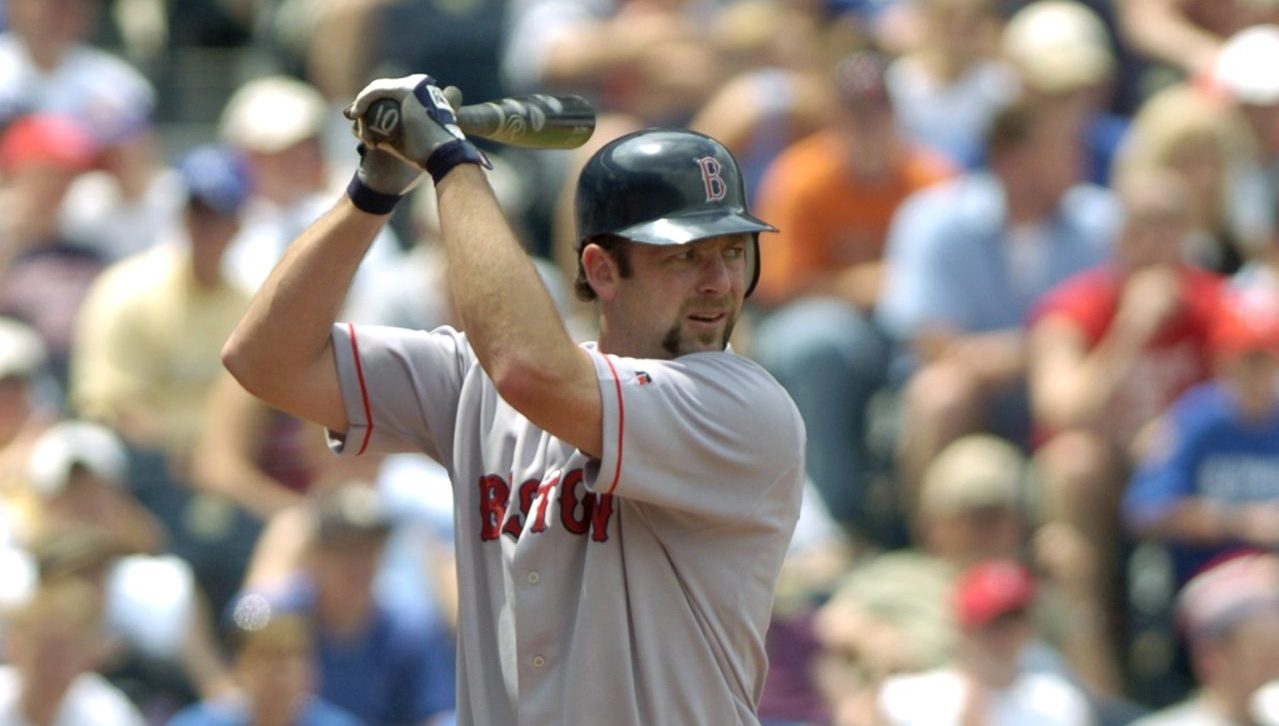
By SeanMcAdam
CSNNE.com
Bobby Jenks is set to return from the disabled list Tuesday, and if the prospect of a veteran reliever with a 9.35 ERA riding to the rescue doesn't seem like a significant development, think again.
Jenks hasn't pitched since May 1 due to a bout with biceps tendinitis, and in his absence, some interesting things took place with the Red Sox pitching staff.
Monday night, for example, for the third time this season and second since Jenks was shelved, manager Terry Francona allowed his starting pitcher -- in this case, Jon Lester -- to throw 125 or more pitches in a start.
That's a departure from Francona's usual approach.
Over the last few years, the only times the manager has allowed a pitcher to go that deep were when Lester and Clay Buchholz were finishing off no-hitters.
Now, in the span of just over a month, he's allowed it to happen three times.
Boston Red Sox
As Francona pointed out Monday, part of his motivation was the fact that thanks to two upcoming off-days in the Red Sox' schedule -- Thursday and again Monday -- and the return of John Lackey to the rotation, Lester will be pitching next on seven days' rest, or, three more than usual.
Certainly, that influenced his decision to let Lester try to finish the sixth inning, even as his pitch count climbed to his highest total since his 2008 no-hitter against Kansas City. Francona knew that Lester would have plenty of time to rebound from Monday's outing.
But it's also true that the makeup of the bullpen was also a factor.
Without Jenks, much of the late-inning workload in the last month has fallen directly on Daniel Bard -- with mixed results. Despite an impressive WHIP of 0.974 and almost a strikeout per inning (25 in 25 23 innings), Bard's ERA is abnormally high at 3.54 and he's been charged with four losses.
Still, despite a half-dozen poor outings, Bard is still far more trustworthy than anyone else in the back end of the Boston bullpen not named Jonathan Papelbon.
Recall the May 21st game in which the Red Sox led 3-1 after seven innings against the Chicago Cubs. Francona didn't want to use Bard that night because of his recent workload and attempted to get to Papelbon in the ninth by deploying Matt Albers in the eighth.
Big mistake. Albers -- with some help from some sloppy defense behind him -- was charged with eight runs in a game that got away from the Sox.
Albers had been perfectly fine in middle-inning work, but just as some relievers find it a big jump to go from the eighth to closing responsibilities, others find that moving from middle relief to so-called "high leverage'' innings can be equally as daunting.
That's not a criticism of Albers. He's been very effective at a reasonable cost and stands as one of the better acquisitions of the off-season.
But in terms of stuff and experience, he's not Bard. And for that matter, he's not Jenks, a former closer, either.
Without Jenks to team with Bard, Francona has been pushing his starters, hoping to get them through seven -- when Bard can be asked to start a clean eighth -- or eight -- when he can avoid using Bard altogether.
Francona steadfastly refuses to burn out Bard, as evidenced by his reliance on Albers two weeks ago. But he hasn't been above pushing and extending his starters every great once in a while, especially when there is some built-in protection (read: bounce-back time) on the other end.
And tellingly, he has made every effort to scale back the pitch count on the Big Three of Lester, Buchholz and Josh Beckett in the outings immediately following.
After getting 125 pitches out of Beckett in Anaheim on April 21, for instance, he scaled back to just 92 pitched five days later in Baltimore.
Likewise, with Buchholz, who threw a 127 against Detroit on May 18, but threw just 94 in his follow-up outing.
It's uncertain, of course, how much the Sox are going to get out of Jenks and whether he can help Francona and pitching coach Curt Young spread the burden of late-inning, high-leverage situations. If Jenks pitches as he did in the first few weeks -- with scoreless appearances in five of his first six games -- the ganbit will be successful and both the starters and Bard himself will see their workload lessened at least somewhat.
The ability to use Jenks and Bard in some close games could be a huge advantage, allowing the duo to combine for six, seven or even eight outs as a bridge to Papelbon.
If, on the other hand, Jenks can't be counted upon, there will likely be fallout all over. Francona may again be forced to, periodically, push his starters deeper and GM Theo Epstein may have to accelerate his search for bullpen upgrades.
Sean McAdam can be reached at smcadam@comcastsportsnet.com.Follow Sean on Twitter at http:twitter.comsean_mcadam


